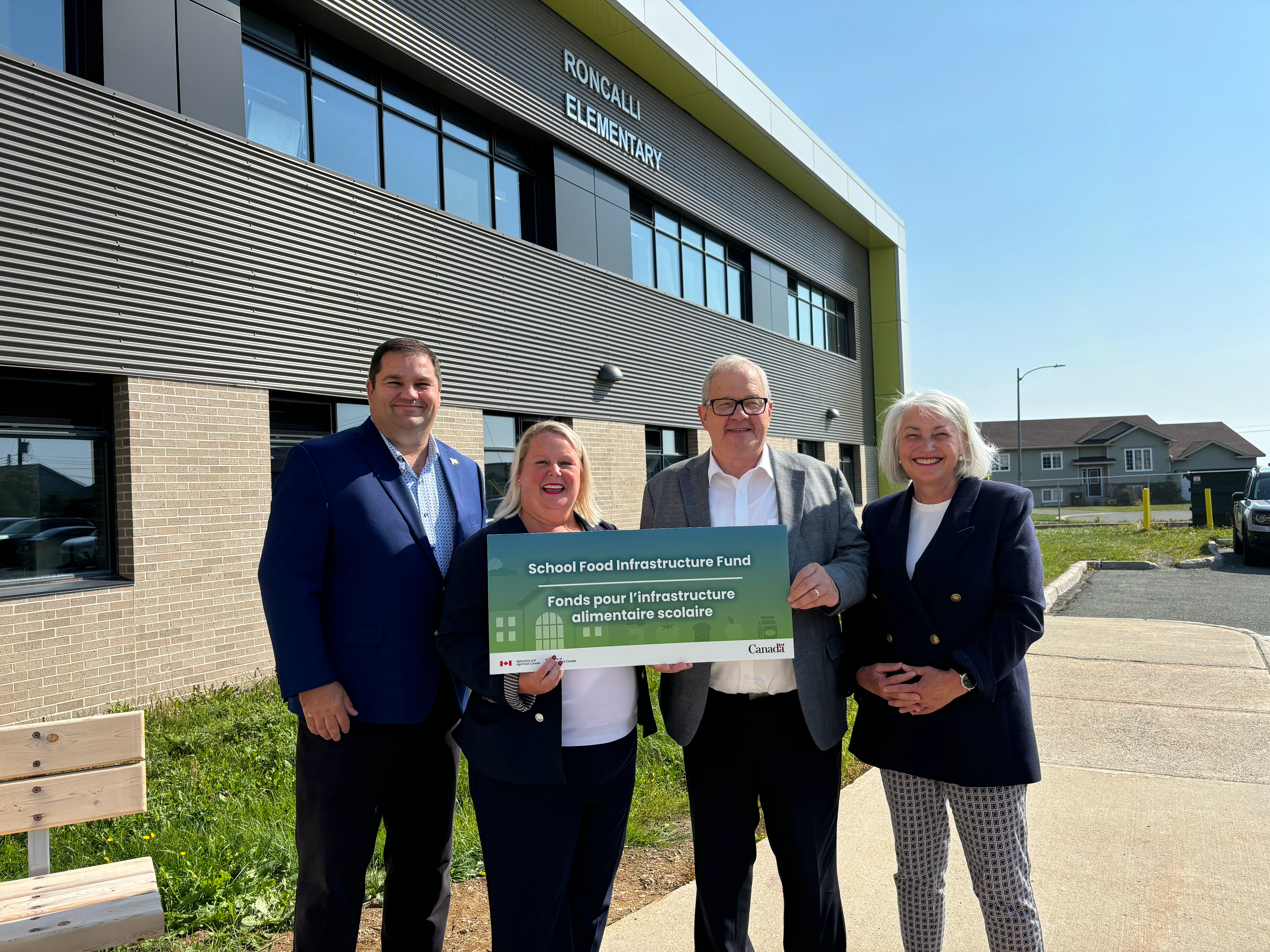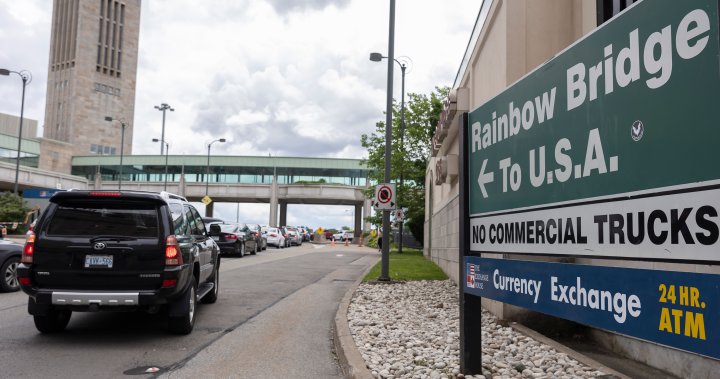Infra
Minister MacAulay announces launch of new School Food Infrastructure Fund and renewed Local Food Infrastructure Fund to improve food security in Canada

September 6, 2024 – St. John’s, Newfoundland and Labrador – Agriculture and Agri-Food Canada
All Canadians, particularly young Canadians, deserve to have access to nutritious food. We know that when kids eat well, they are set up for success. Communities in every region of our country have their own unique challenges when it comes to food security, and the federal government is taking action to address them.
Today, the Honourable Lawrence MacAulay, Minister of Agriculture and Agri-Food, announced the launch of the new School Food Infrastructure Fund (SFIF) and the next phase of the Local Food Infrastructure Fund (LFIF). As part of the $62.9-million announcement in Budget 2024, Agriculture and Agri-Food Canada will deliver these two programs aimed at supporting community-based not-for-profit organizations working to improve local food security for Canadians of all ages.
The new School Food Infrastructure Fund (SFIF) will help not-for-profit organizations invest in infrastructure and equipment to support school food programming across Canada. The $20.2-million SFIF is delivered as a complement to both the National School Food Program, and the guidance provided under the National School Food Policy. Eligible organizations are encouraged to apply from noon EST today until October 4, 2024.
The renewed Local Food Infrastructure Fund (LFIF) will continue to help improve community food security and will be delivered through two components:
- Small Scale Projects will provide funding between $25,000 and $100,000 to support infrastructure projects, such as irrigation systems for community gardens or solar panels for greenhouses. Applications for the first intake will be open from October 1 to October 31, 2024. A second intake will be announced in 2025.
- Large Scale Projects will provide funding between $150,000 and $500,000 in support of community food security for projects with multiple infrastructure and equipment needs. For example, partners could come together to upgrade a soup kitchen and increase the number of meals served, using food from a local community garden, or a local farmer. Applications will be open from January 13 to February 28, 2025.
This investment will support increased access and availability of local, healthy, and culturally-appropriate foods, with a priority focus on equity-deserving groups within communities.










